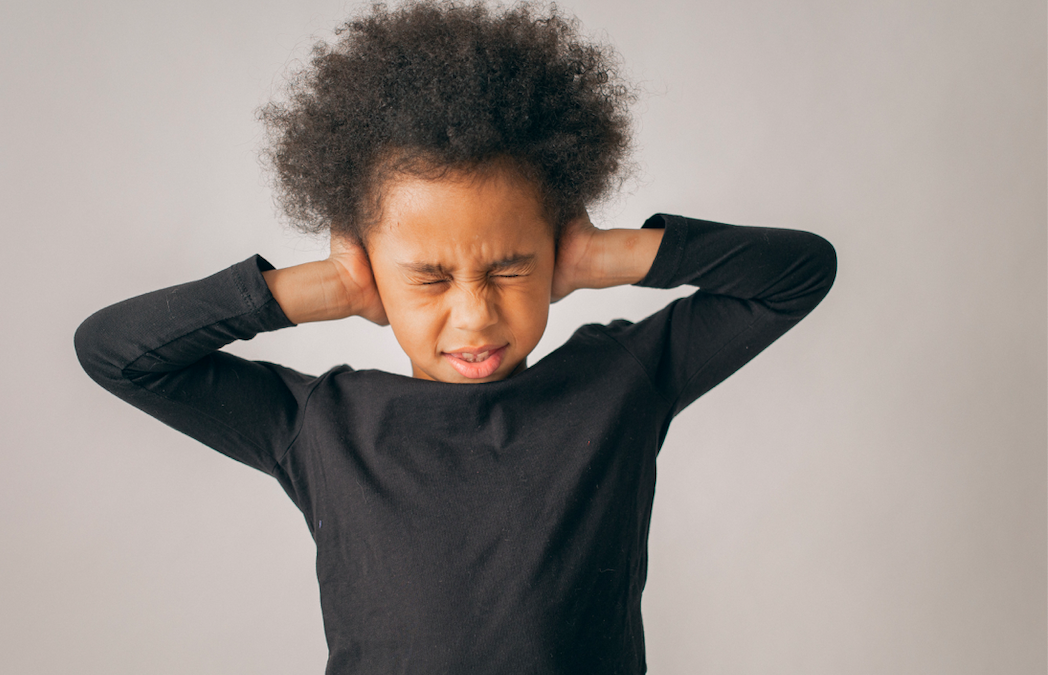Recess, cartoons and sugary cereal – oftentimes, adults tend to view childhood memories through a rose-colored lens. From switching schools to upcoming tests, it’s important to recognize that experiencing some degree of stress and anxiety is a normal part of childhood.
But as a parent, how can you tell if these fears are regular symptoms of childhood or if there is a bigger problem at play?
What are anxiety disorders?
When feelings of fear or anxiety become persistent, so much so that they interfere with school or home life, it could signify that your child has developed an anxiety disorder.
Anxiety disorders are common mental health disorders that cause feelings of fear, worry and anxiety in a person when they are exposed to particular situations. Beyond the mind, these disorders can also affect the body, as well as sleeping and eating habits.
Common symptoms exhibited by children with anxiety disorders can include:
- Behavioral changes, such as moodiness, aggression, temper tantrums, clinginess or frequent crying spells
- Complaints of stomach aches or headaches
- Constantly worrying or having negative thoughts
- Changes in appetite
- Difficulty concentrating
- And more
Common Anxiety Disorders Among Children
Not all children express their anxiety the same way. Depending on how your child may be showing theirs, it could give some insight into their particular anxiety order.
According to the Anxiety and Depression Association of America (ADAA) and the Center for Disease Control (CDC), several anxiety disorders are particularly common among children.
Generalized Anxiety Disorder. Children affected by Generalized Anxiety Disorder (GAD) will show excessive worry about various subjects: grades, relationships, and more.
The ADAA notes that those living with GAD may be especially hard on themselves, strive for perfection or seek constant approval.
Specific Phobias. If your child shows an intense and potentially irrational fear toward a particular subject or situation, they may be experiencing a phobia. Common phobias amongst children include the fear of dogs or cats, the fear of flying and more.
Separation Anxiety Disorder. Feelings of anxiousness when separated from one’s parents are common for young children, especially for those between 18 months and three years old. However, if your child is beyond this age range and displays signs of extreme discomfort or distress when separated from loved ones, it may reflect the development of separation anxiety.
It is common for children with this anxiety disorder to experience the fear that their separation from a loved one may somehow cause a harmful outcome.
Panic Disorder. Those who have panic disorders may find themselves frequently experiencing sudden episodes of intense panic or fear. Along with this sense of dread are symptoms such as sweating, shaking, difficulty breathing, increased heart rate and more.
It is common for children experiencing panic attacks to stress over the thought that they are “losing control” following these episodes.
Social Anxiety Disorder. Children experiencing a social anxiety disorder will often feel overwhelmed or fearful of social and performative settings. These situations can include starting up a conversation or being called on by a teacher.
Social anxiety disorders can make everyday interactions difficult for children, negatively impacting their performance in school or participation in social activities like sports.
How do you treat an anxiety disorder?
If you suspect that your child may be suffering from any kind of anxiety disorder, having a conversation with them is a great first step toward identifying the problem.
It is not uncommon for children with anxiety disorders to hide their thoughts regarding these issues, leading to missed diagnoses. By talking to your child about these anxious feelings, you may help put their minds at ease and help them open up about the extent of the issue.
You should also contact your local health care provider or behavioral health specialist to schedule an appointment for your child so that they can suggest a proper course of action. The American Academy of Child and Adolescent Psychiatry (AACAP) recommends that health care providers conduct routine screenings on children for behavioral and mental health concerns.
Behavioral Health Services at Fetter Health Care Network
Our Fetter team is committed to treating the whole person and promoting wellness in all forms — and that includes behavioral health. We integrate behavioral health services into the primary medical care setting in order to improve overall health outcomes. The initial patient visit must be with a Fetter provider before behavioral health services are rendered.
In partnership with Charleston County School District, Fetter also provides school-based health services to students and staff at several schools throughout the Lowcountry.
Contact us today today to schedule an appointment with your nearest Fetter health care provider.

